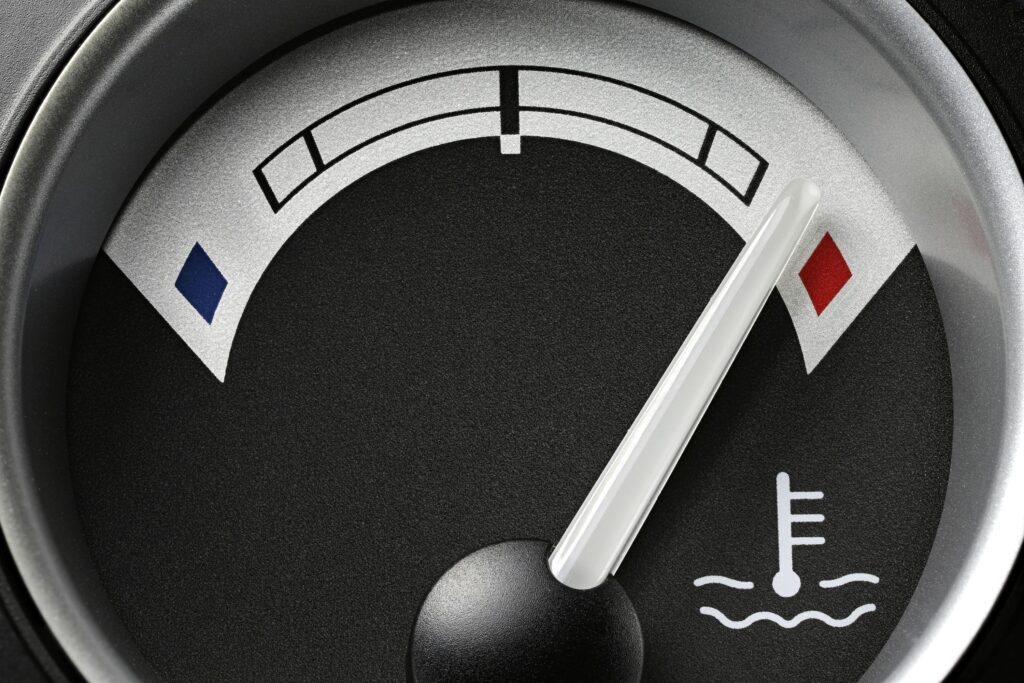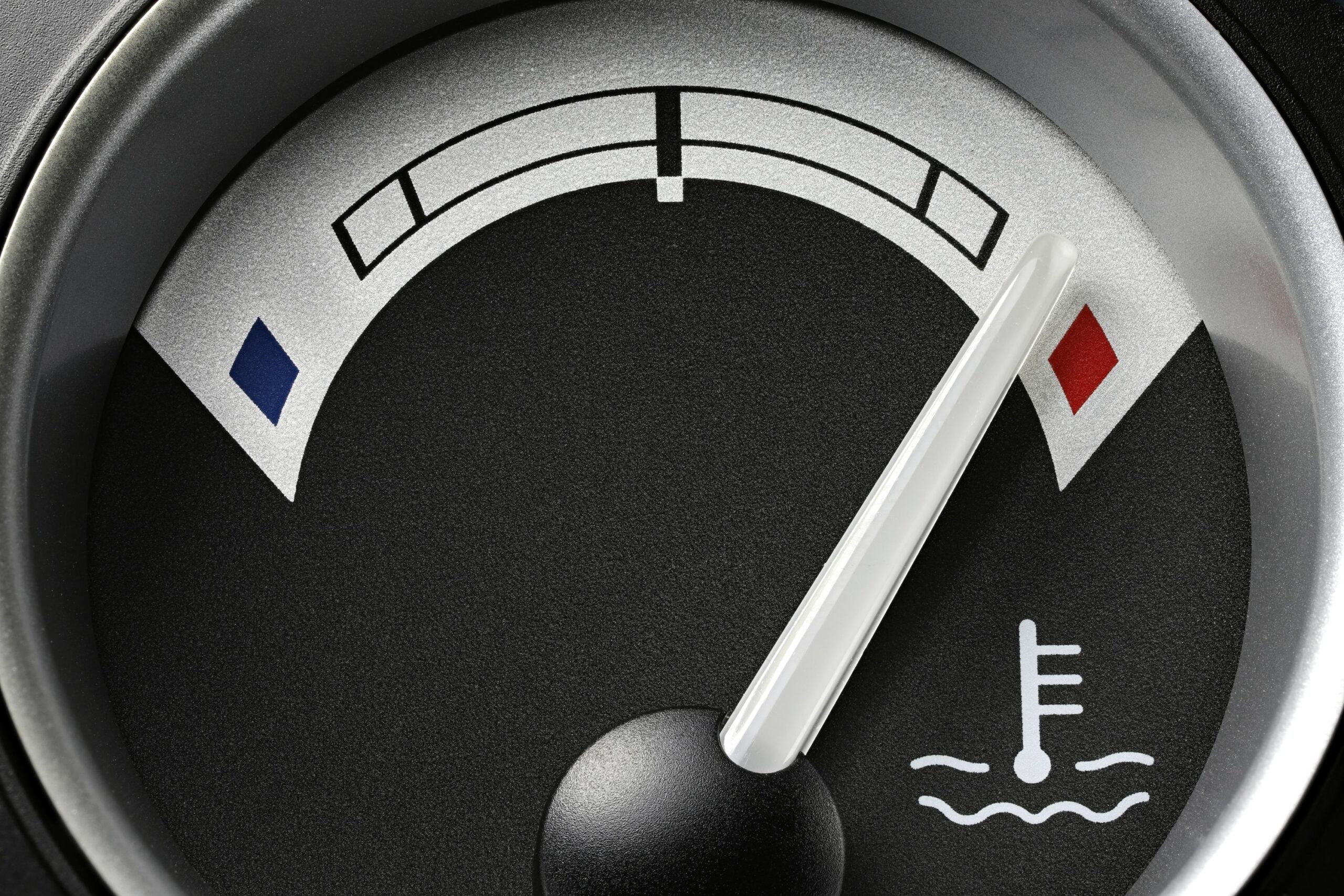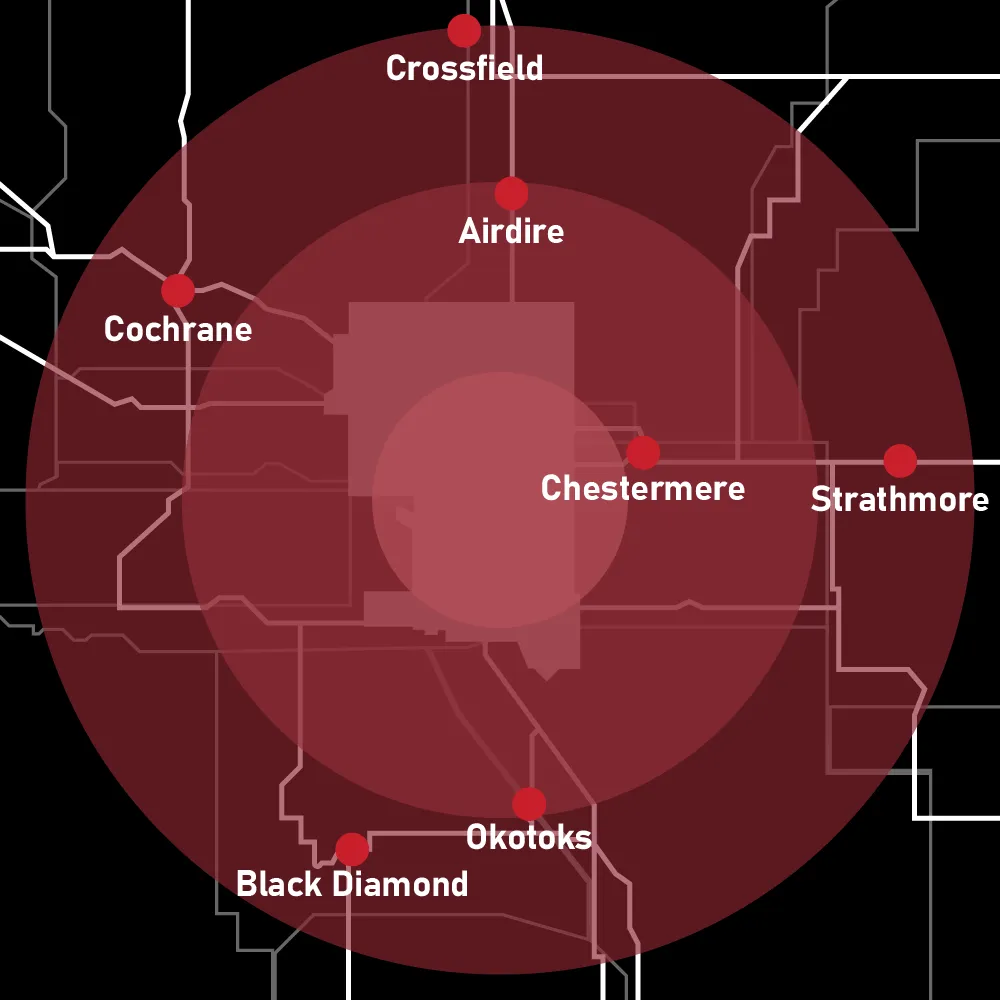At Rusted Nuts Mechanical Services, we know how quickly overheating can destroy a truck engine. When heat builds faster than the cooling system can control it, damage spreads through metal parts, seals, and fluids in minutes. Understanding how overheating happens and what it affects helps truck owners prevent costly repairs and extend engine life.
What Happens When an Engine Overheats
Engines are designed to run within a specific temperature range. Once heat rises beyond that limit, metal parts expand, oil loses viscosity, and friction increases dramatically. This heat breaks down lubricants, causes metal fatigue, and warps precision components.
If the problem isn’t caught early, overheating can result in cracked heads, melted gaskets, and seized pistons. The longer the temperature stays high, the more extensive the damage becomes throughout the entire engine assembly.
Cylinder Head and Head Gasket Damage
The cylinder head and head gasket are among the first components to fail when overheating occurs. Extreme heat causes the cylinder head to warp, which allows coolant and combustion gases to leak past the gasket. This leads to loss of compression, white exhaust smoke, and contaminated oil.
Once a head gasket blows, pressure inside the cooling system increases, forcing coolant into cylinders or out through overflow lines. Continued driving under these conditions can result in catastrophic engine failure that requires a full teardown.
Piston and Cylinder Wall Damage
Inside the engine, pistons expand when temperatures climb beyond their designed range. This expansion reduces clearance between the piston and the cylinder wall, causing scuffing or deep scoring. Over time, this damage reduces compression and leads to oil consumption and power loss.
In severe cases, a piston can seize against the cylinder wall, breaking connecting rods or damaging the crankshaft. These failures often require complete engine replacement rather than repair.
Coolant Pump and Thermostat Failure
The cooling system relies on several components to regulate temperature. A worn coolant pump can stop circulating fluid, while a stuck thermostat can block flow altogether. Fan clutch or fan motor failures reduce airflow through the radiator, making it impossible to shed heat effectively.
Leaks in hoses, a damaged radiator cap, or clogged passages can also interrupt circulation. These issues might seem minor at first, but they often cause chain reactions that lead to overheating within minutes of driving.
Signs of an Overheating Truck

Spotting the early symptoms of overheating can save an engine from major damage. Drivers should watch for:
- Rising temperature gauge readings
- Coolant smells inside or around the cab
- Steam or hissing from under the hood
- Reduced power or sluggish acceleration
- Warning lights on the dashboard
If these signs appear, pull over immediately, shut off the engine, and let it cool. Continuing to drive while overheating can turn a repairable issue into a complete engine replacement.
Preventing Engine Overheating
Regular maintenance is the best defense against overheating. Check coolant levels weekly and inspect for leaks around hoses and clamps. Make sure the radiator cap seals tightly and maintains proper pressure.
Schedule cooling system flushes every two years to remove buildup and replace old coolant with fresh fluid. Test fans, thermostats, and pumps during routine service intervals to confirm they are working properly.
Modern trucks also include advanced sensors that monitor engine temperature, coolant pressure, and fan performance. The engine coolant temperature (ECT) sensor and other onboard systems track fluctuations in real time, triggering dashboard alerts before damage occurs. If the temperature warning light comes on or the fan fails to engage, those are early indicators the cooling system needs immediate inspection.
Drivers operating in Alberta’s extreme conditions should also consider using block heaters in winter and ensuring proper airflow around the radiator in summer.
Professional Cooling System Service in Calgary
Overheating issues can develop from something as small as a coolant leak or as serious as internal damage. The technicians at Rusted Nuts Mechanical Services perform complete cooling system inspections, pressure tests, and component replacements to keep your trucks running safely.
Learn more about our Auto Repair and Preventive Maintenance services to prevent breakdowns before they start.







